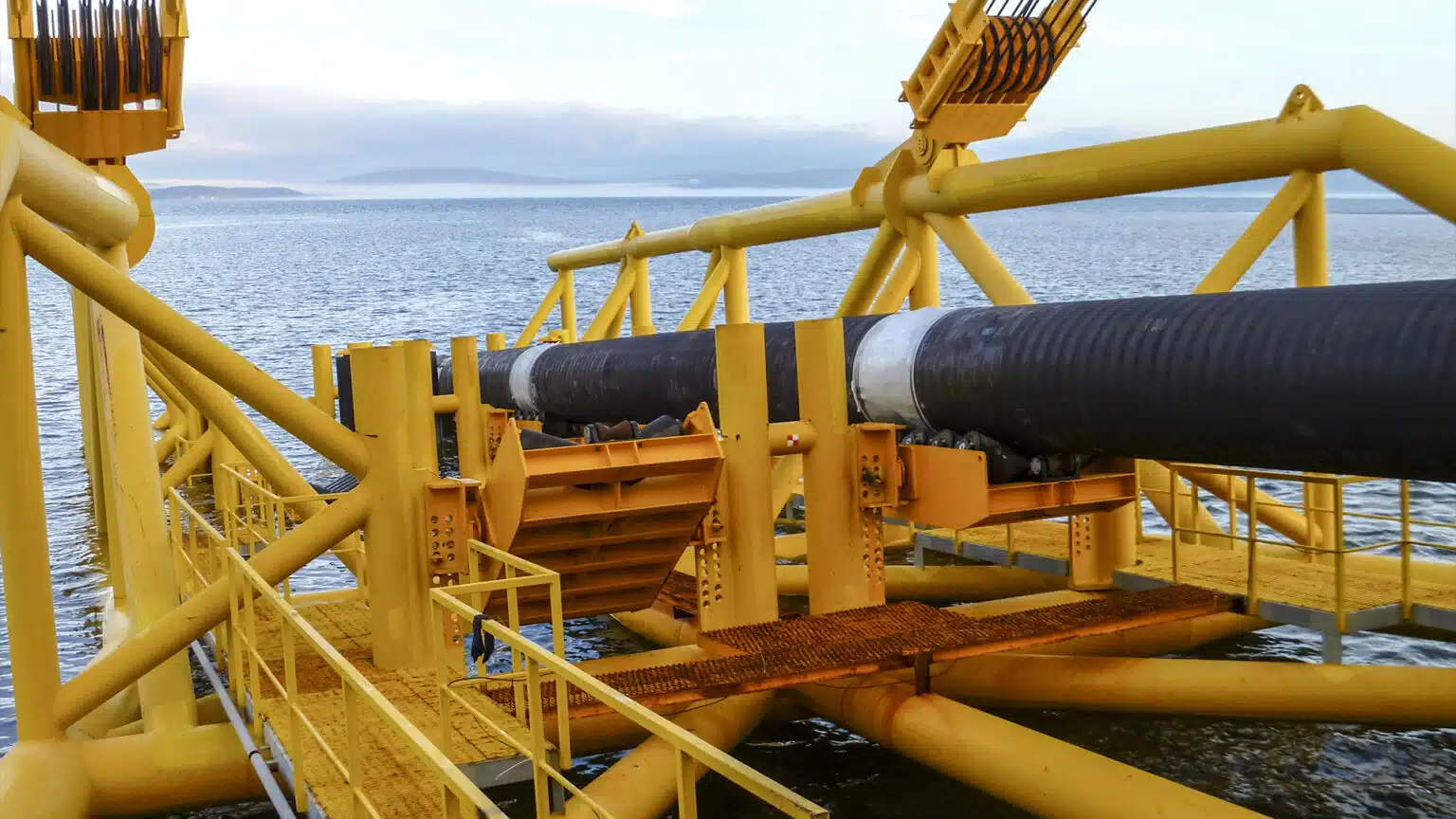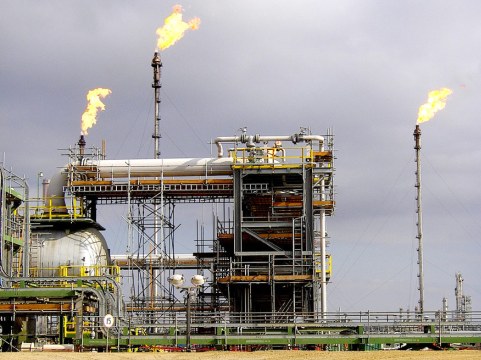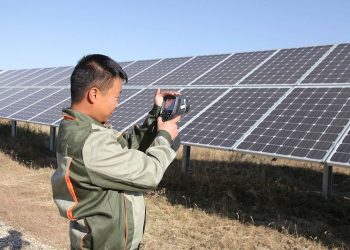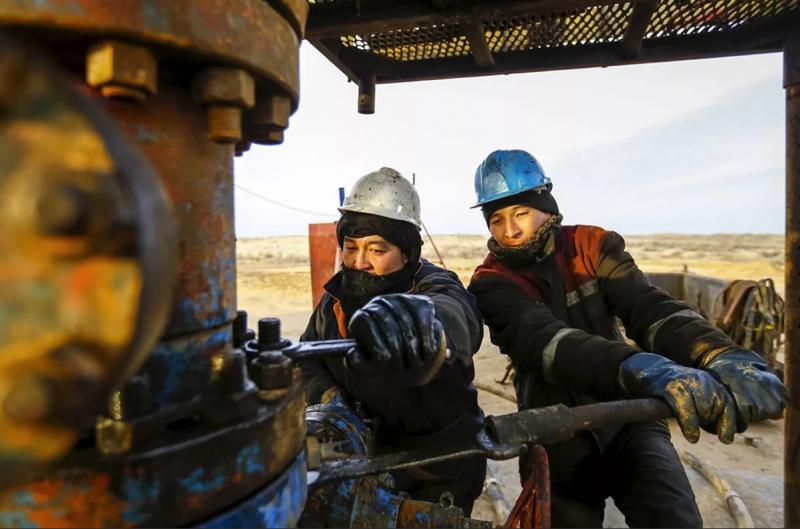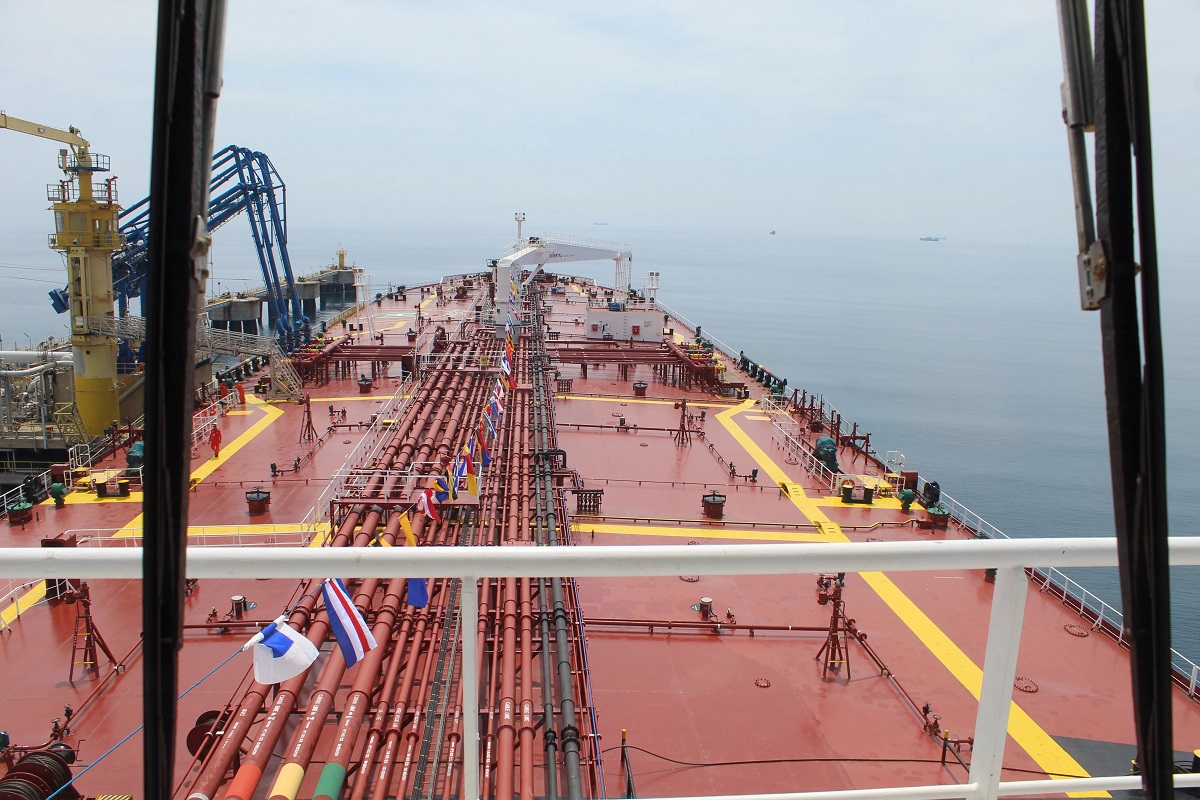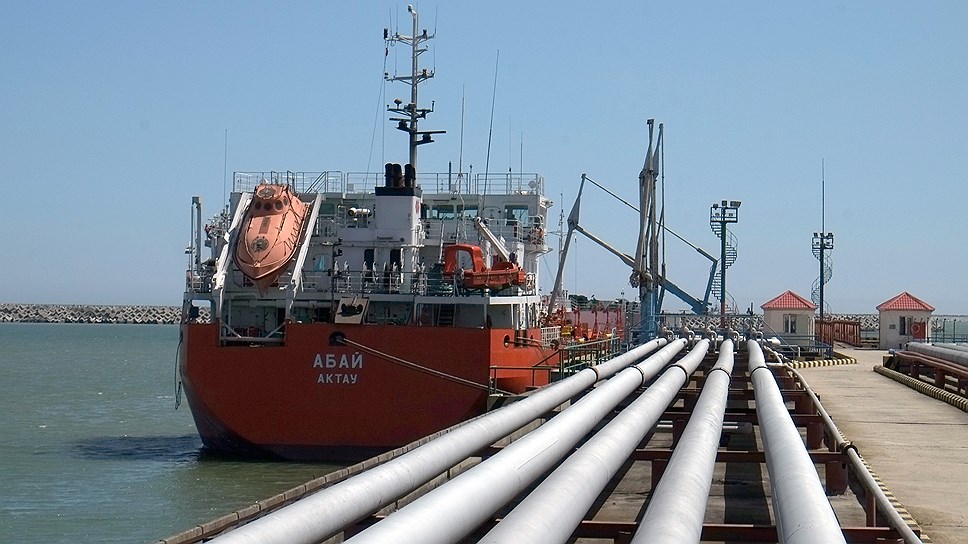Kazakhstan will explore the possibility of building an oil pipeline along the bottom of the Caspian Sea, the Ministry of Energy of the country reported.
Earlier, in July 2023, KazMunaiGas stated that the company and its partners were not considering this export route. Also, in the medium term, the possibility of building an oil pipeline from Atyrau to the Caspian oil terminal in Kuryk is being considered.
“In addition, it is possible to increase the trans-Caspian sea oil transportation to 7 million tons per year, which corresponds to the existing capacities of the Aktau port. This will require about 10 new tankers with a deadweight of 12 thousand tons to ensure safe transportation,” the ministry said.
In 2022, President of Kazakhstan Kassym-Jomart Tokayev instructed to increase the volume of oil transportation along the Trans-Caspian corridor. In accordance with this instruction, “KazMunayGas” and the state oil company of Azerbaijan SOCAR have signed an agreement providing for the transportation of up to 1.5 million tons of oil per year from the Tengiz field via the Baku-Tbilisi-Ceyhan oil pipeline.
In July 2023, “KazMunayGas” announced the purchase of two tankers with a capacity of 8 thousand tons. They made it possible to fully cover the obligations of the Kazakh side for the transportation of 750 thousand tons of oil along the Aktau-Baku route. Then KMG also noted that a number of companies are considering the possibility of organizing shipbuilding production in Kazakhstan.
In January, “KazTransOil” reported that in 2023 it increased the transportation of Kazakh oil from the port of Aktau to the port of Baku to 1.4 million tons, which is 5.5 times more than in 2022.
Nevertheless, the Ministry of Energy recalled that today the Caspian Pipeline Consortium passing through Russia is the main export route of Kazakh oil. 80% of the total produced volume, or 56.6 million tons out of 70.5 million tons, is transported through the pipeline.
In order to ensure the stable and reliable operation of the CPC, the country is consulting with the authorized bodies of the EU, the USA and the UK in order to develop exceptions within the framework of foreign legislation on the supply of goods and services to the CPC, the Ministry of Energy stressed.



